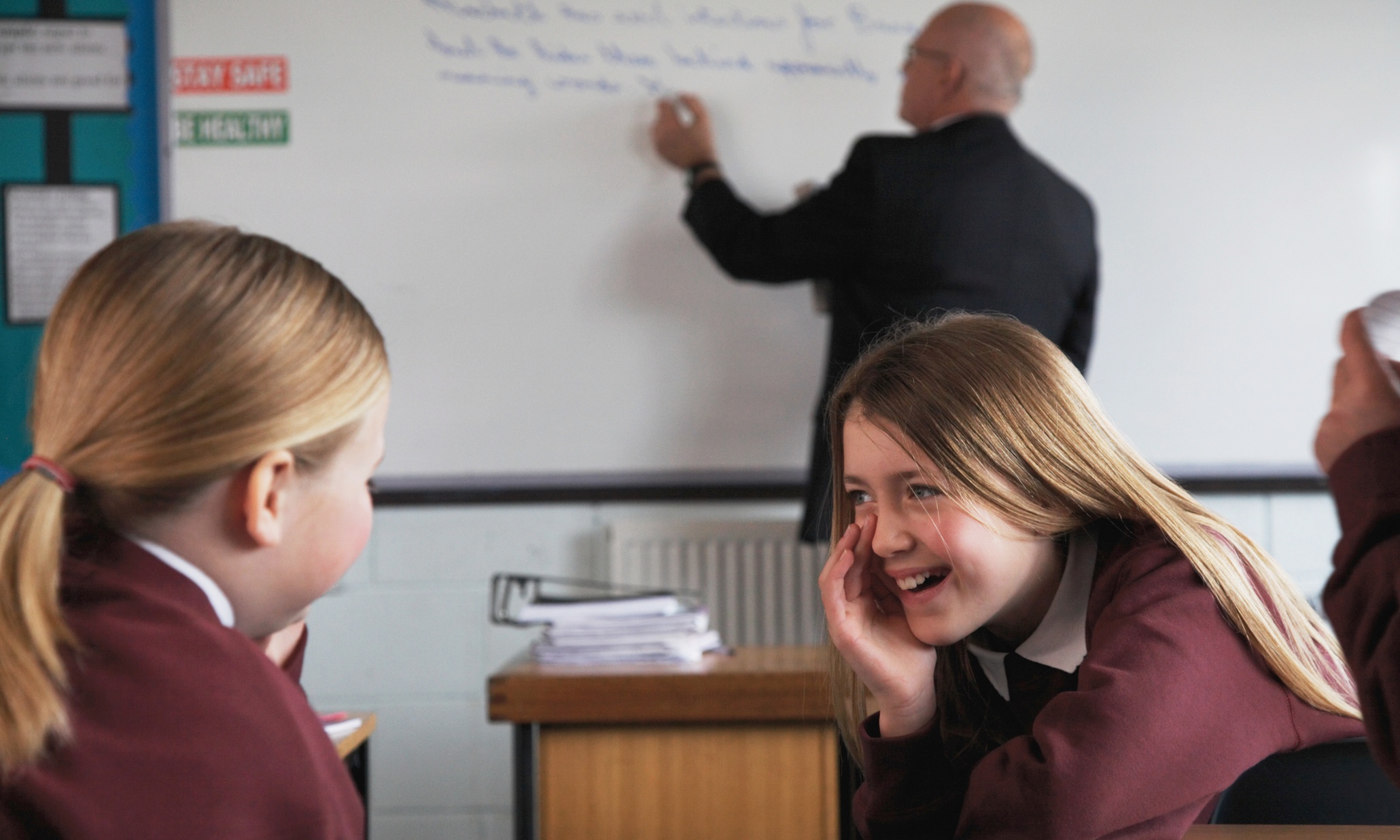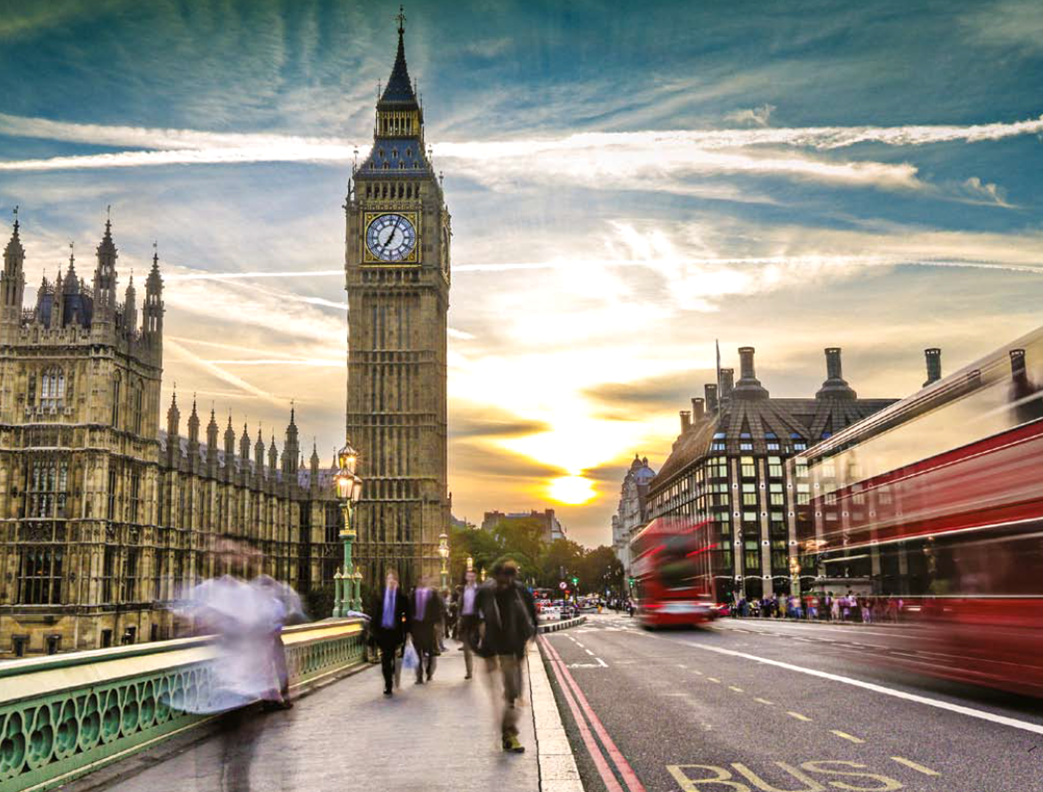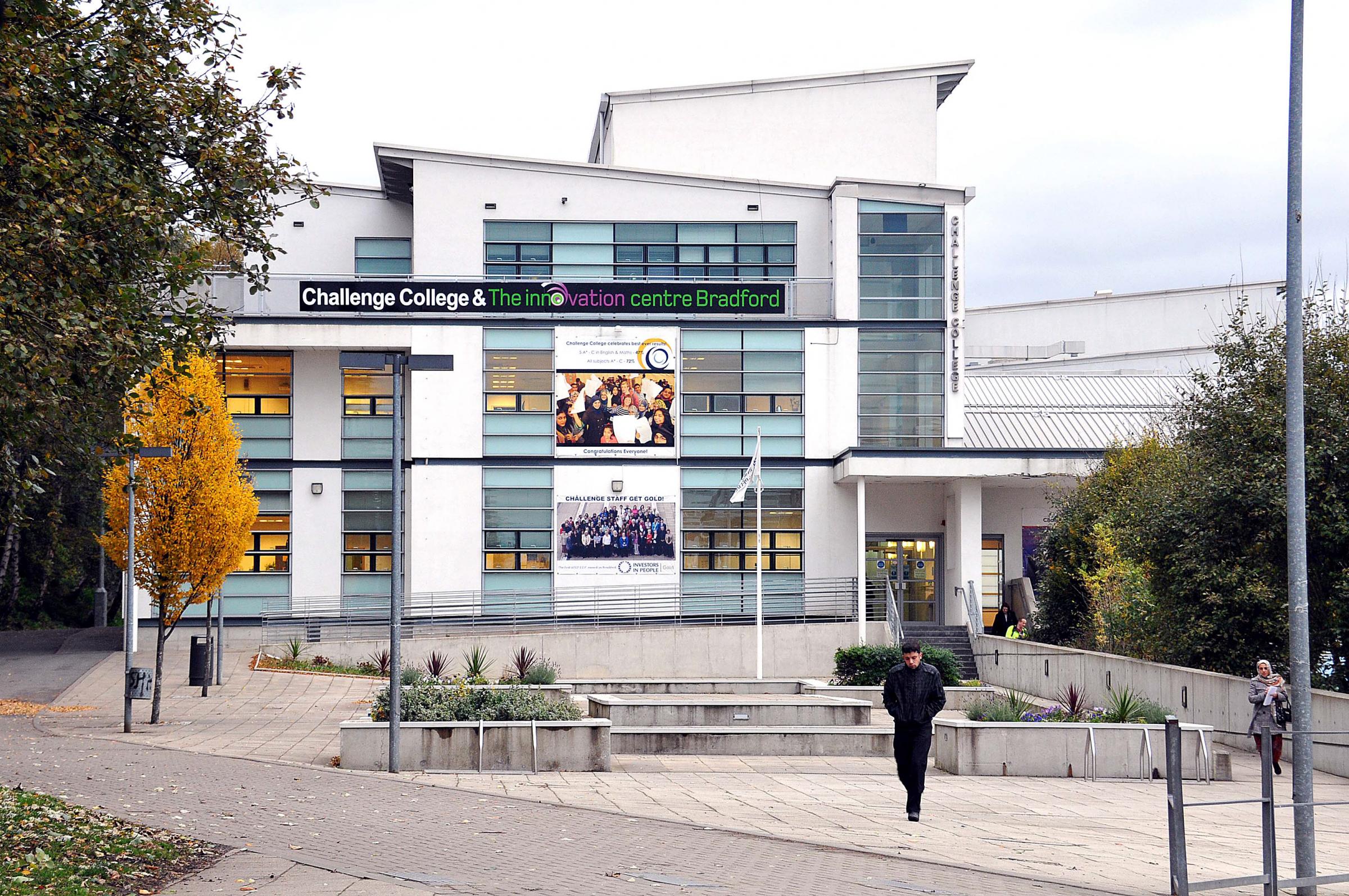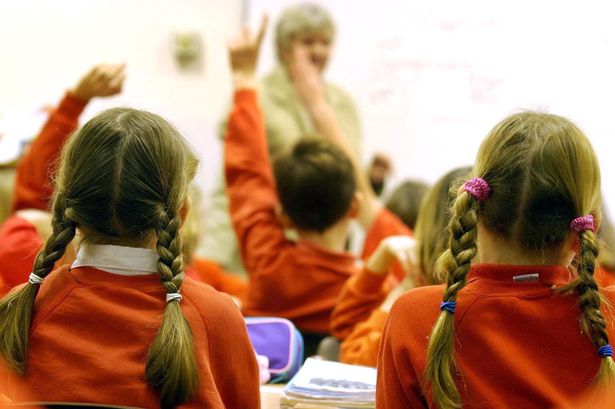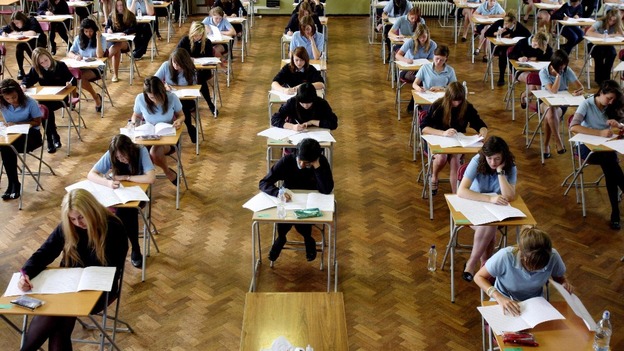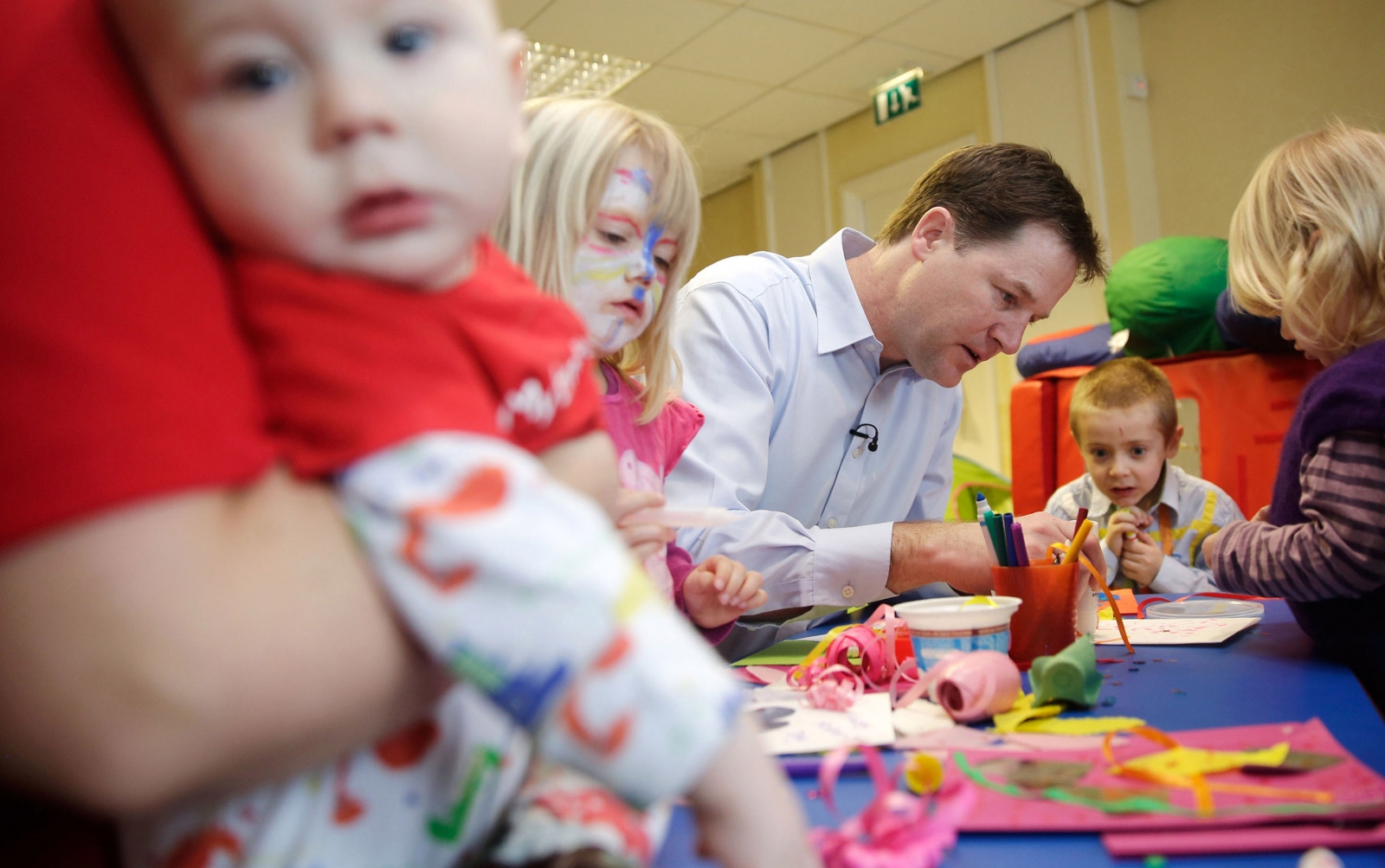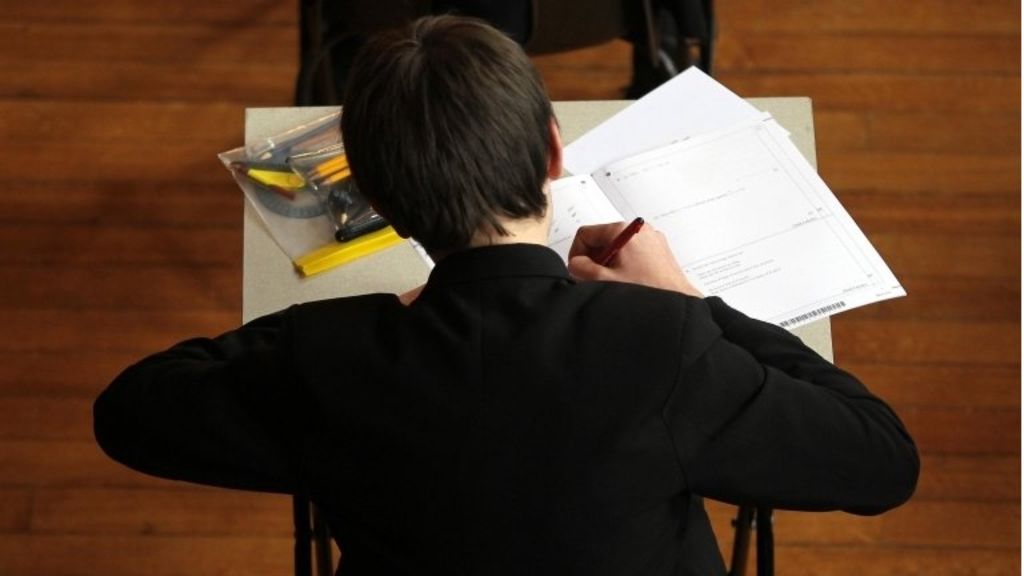Ofsted: Schools ignoring bad behaviour
Schools where behaviour is a problem will be subjected to spot checks by inspectors for the first time in a bid to drive up education standards, the Ofsted chief inspector has said.
Sir Michael Wilshaw has said that teachers were too often ignoring low-level disruption and “horseplay” leading to a culture of “casual acceptance” of misbehaviour that is holding schools back.
In his second annual report, he sharply criticised teaching standards, saying there was too much mediocre teaching – particularly of primary children – and schools suffered from weak leadership.
He said that from January inspectors would be carrying out “no notice” inspections of schools where behaviour was an issue.
And he called on the Government to bring back tests in English and maths at the age of seven to ensure children are mastering the basics, saying Ofsted inspectors found “worrying inconsistencies” in teachers’ assessments.
He said it had been a “mistake” to scrap them.
The call will trigger concerns among some sections of the education community who have previously suggested that children are tested too much.
Currently, pupils sit national curriculum or Sats tests in reading and maths at age 11, as well as one on spelling, punctuation and grammar. Writing skills are assessed by teachers. A reading check has also been brought in for six-year-olds.
Pupils previously sat externally marked tests at the age of seven, but this system was phased out from 2004.
Sir Michael pin-pointed three factors preventing English schools from improving their standing in international league tables: too much mediocre teaching and weak leadership, regional differences in education quality and underachievement of poor white children.

Sir Michael Wilshaw
He said that in an attempt to make the regional differences less apparent, strong teachers and leaders would be given incentives to move to parts of the country where standards were low and high quality staff were needed.
An estimated 700,000 children are being taught in schools where behaviour is not up to scratch.
A major report published by the Organisation for Economic Co-operation and Development (OECD), published last week, found that the UK’s teenagers were lagging far behind those in East Asian countries such as Singapore and Japan in reading, maths and science.
Presenting his report, Sir Michael said: “Too many of our schools suffer from poor behaviour and high levels of disruptive behaviour.”
He called on school leaders to create a “calm and respectful culture essential for learning” and said lessons should not be undermined by “background chatter, inattention and horseplay”.
However, there have been improvements and overall, eight in 10 state schools were now rated as good or outstanding by Ofsted – the highest proportion in the watchdog’s 21-year history.
A Department for Education spokesman said: “Sir Michael is right – bad classroom behaviour is hugely disruptive to children’s education. It means teachers can’t teach and pupils can’t learn.
“That is why a key part of our reforms is restoring discipline in schools and why we have strengthened teachers’ powers to put them back in charge.”
Malcolm Trobe, deputy general secretary of the Association of School and College Leaders (ASCL) said: “School leaders recognise that good behaviour in their schools is essential in creating a good learning environment.
“It was pleasing to note that, of the large number of secondary schools inspected last term 27% were graded outstanding for behaviour – a clear indication of the importance that teachers place on good student behaviour.”

